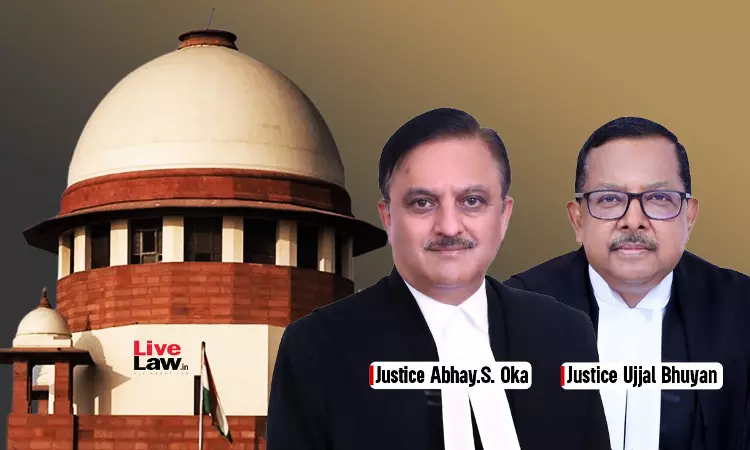Stay On Discharge Orders Should Not Be Granted Unless Circumstances Are Exceptional : Supreme Court
Amisha Shrivastava
28 Feb 2025 10:40 AM IST

Next Story
28 Feb 2025 10:40 AM IST
The Supreme Court on Friday (February 28) held that High Courts should not ordinarily stay the discharge orders passed by the trial courts in criminal cases."Stay on discharge should never be granted unless circumstances are exceptional," the Court stated.The Court further held that even when the appellate court invokes Section 390 CrPC to arrest an accused while considering an appeal...
